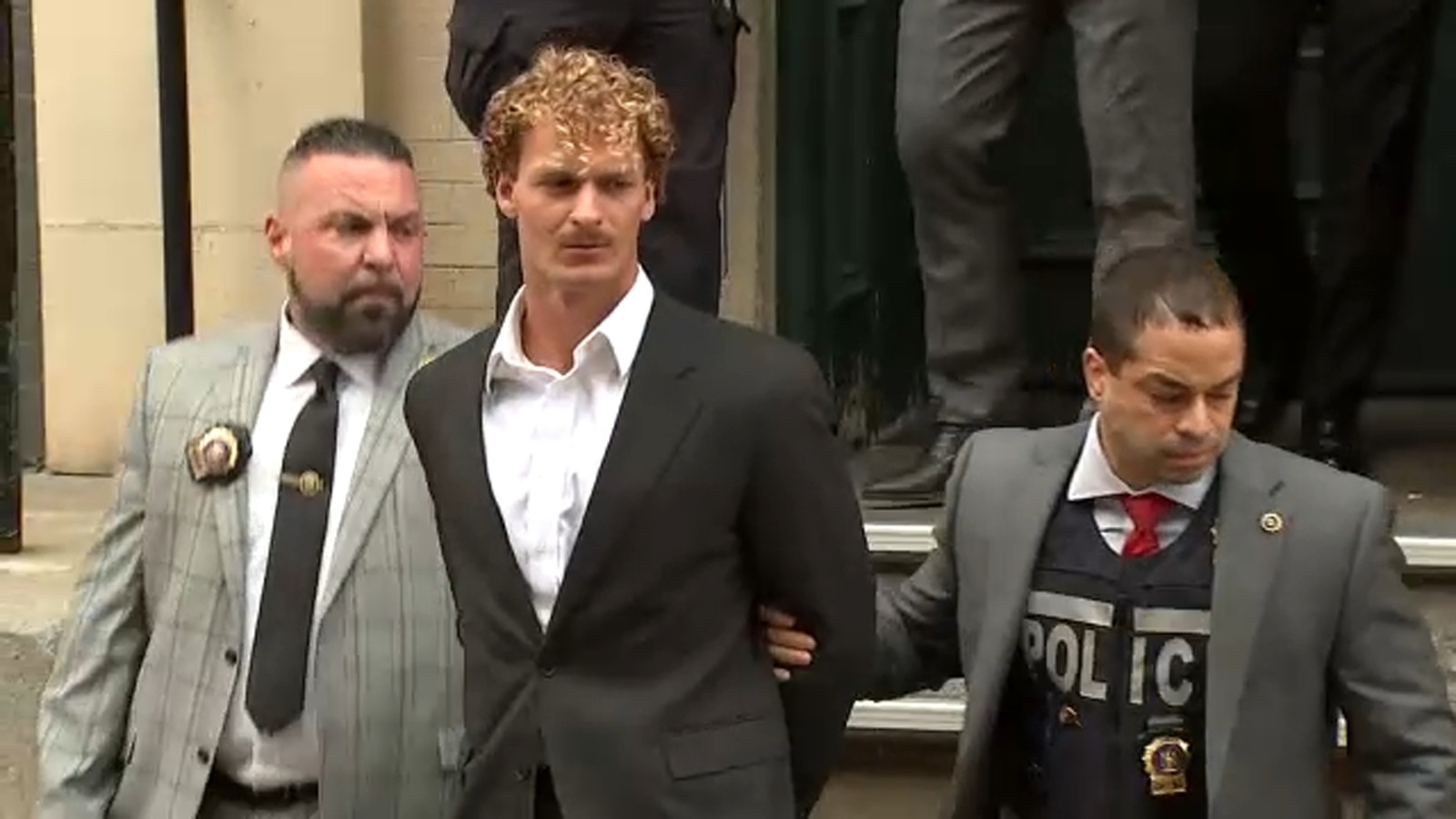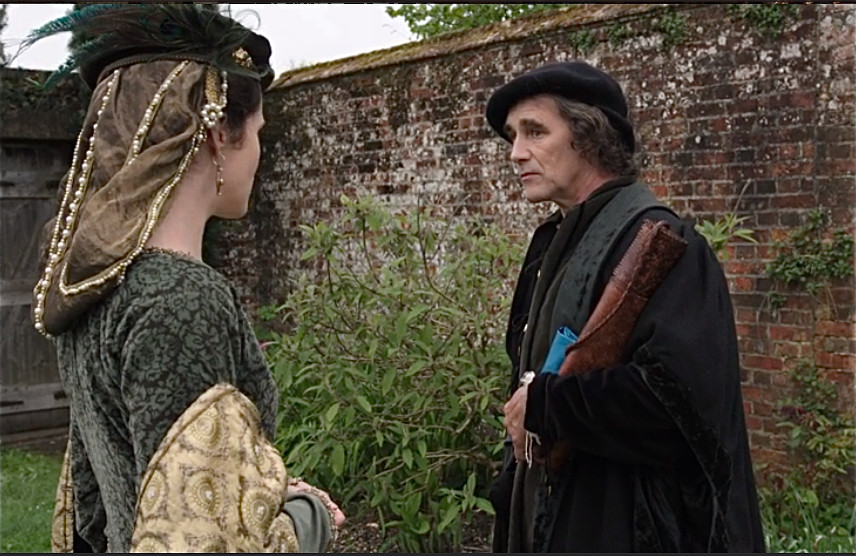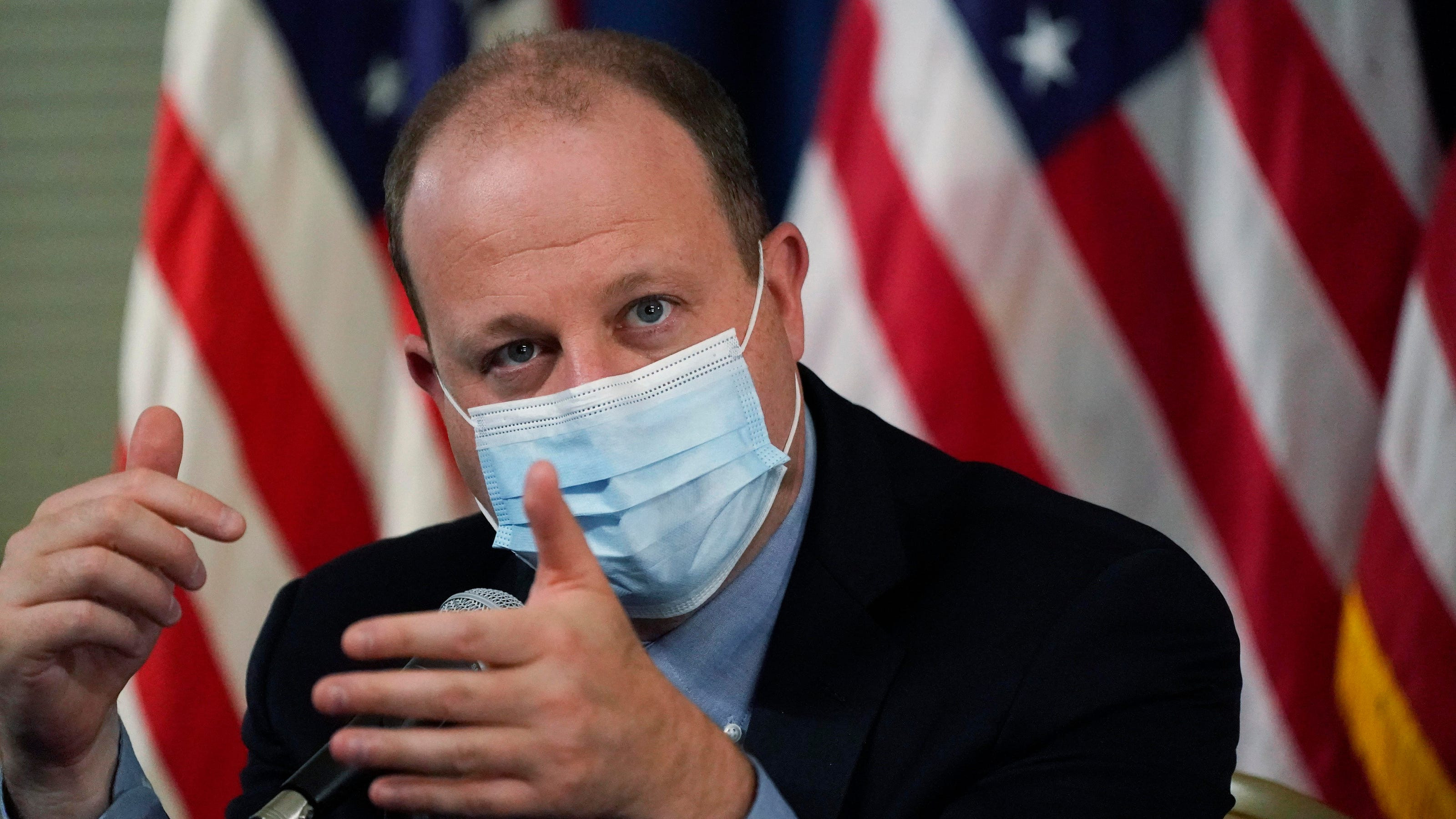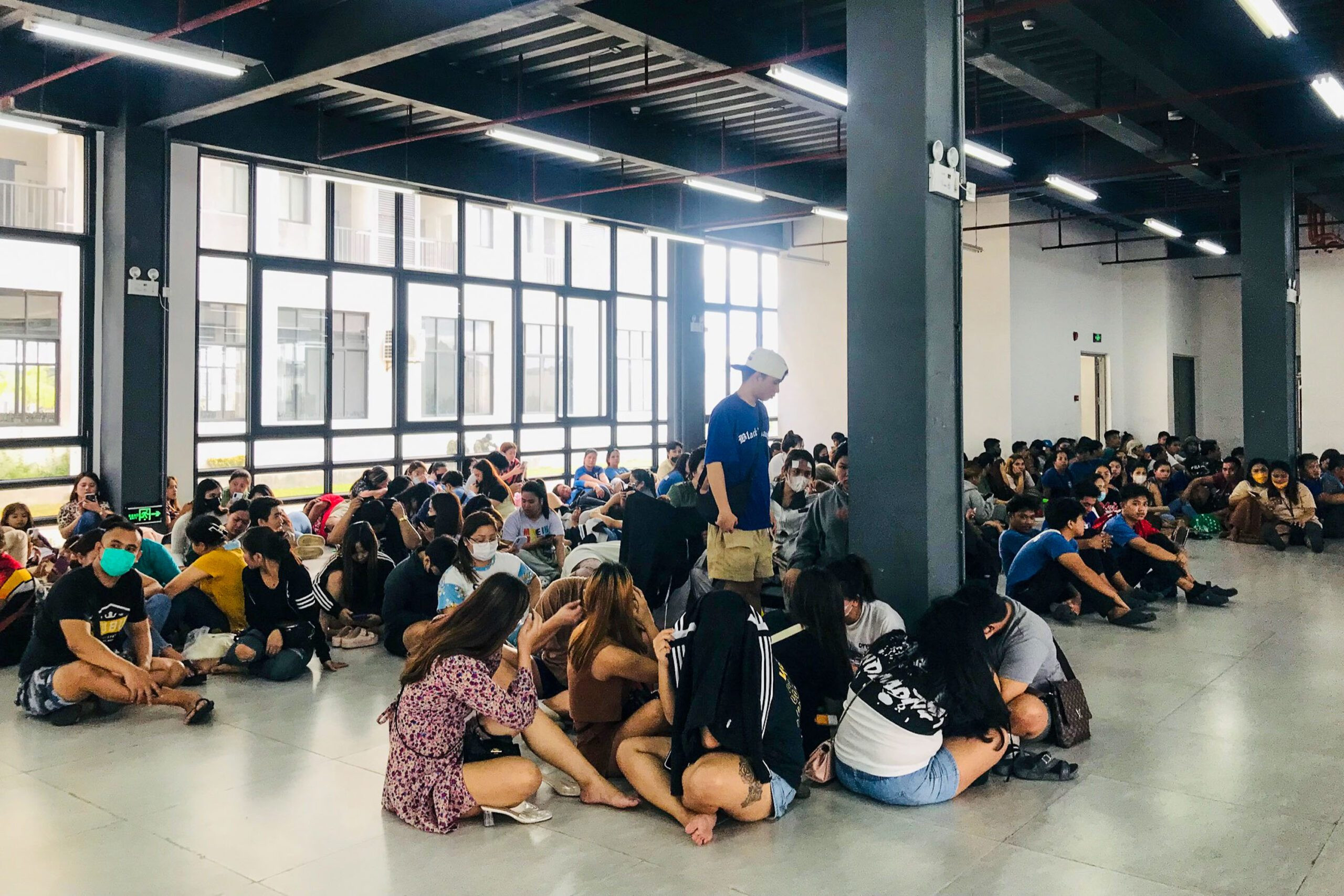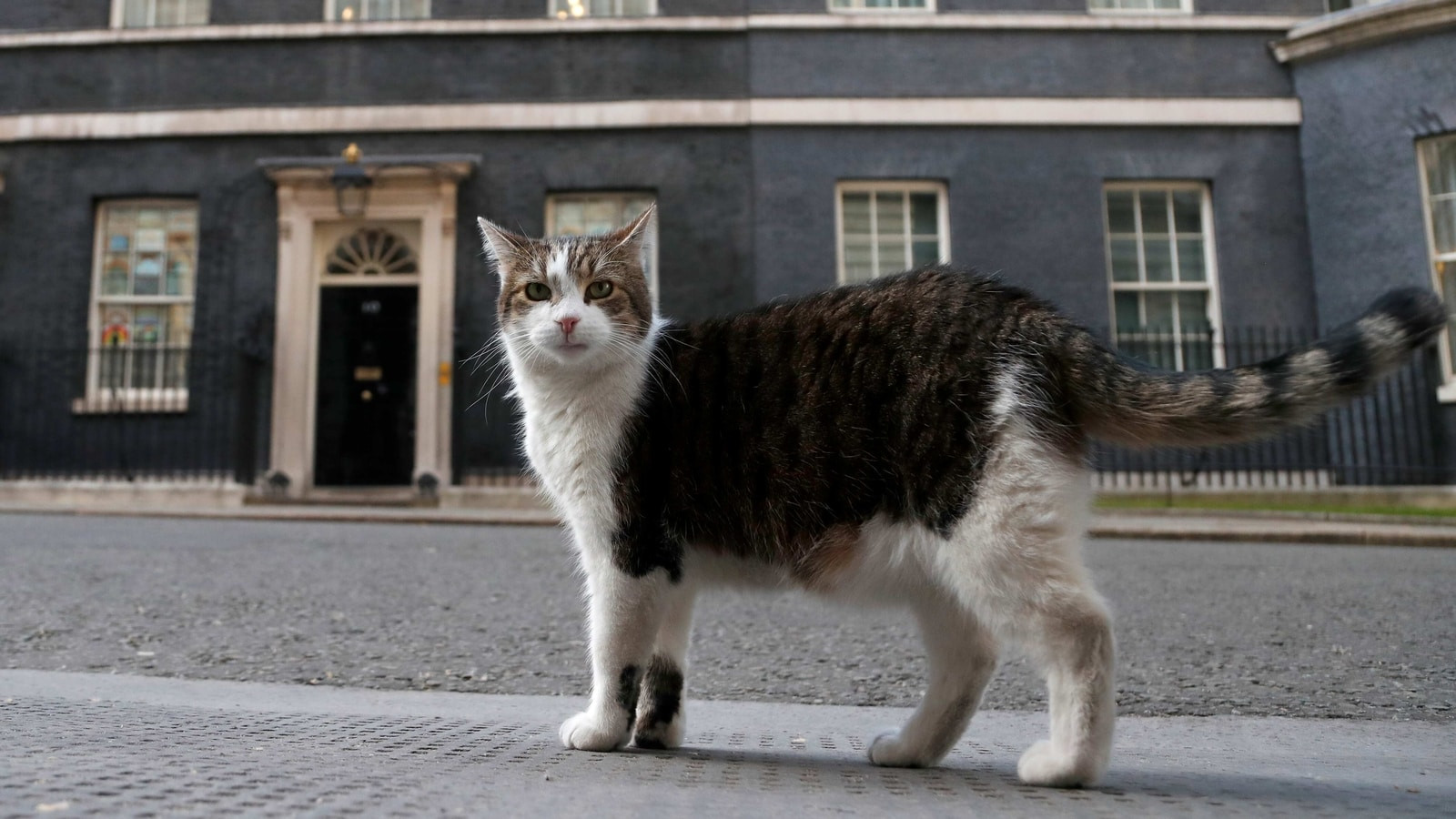Daniel Penny Chokehold Trial: A Jury Deadlock and a Dismissed Charge
A pivotal moment unfolded in the highly publicized trial of Daniel Penny, the former Marine accused of killing Jordan Neely with a chokehold on a New York City subway. After days of deliberation, the jury declared a deadlock on the second-degree manslaughter charge, prompting prosecutors to request its dismissal. This leaves the jury to consider the lesser charge of criminally negligent homicide, a decision that has sparked considerable debate and controversy.
The Jury's Deadlock and the Judge's Decision
The jury, composed of seven women and five men, had been deliberating for over 23 hours since receiving the case. They sent two notes to Judge Maxwell Wiley indicating their inability to reach a unanimous verdict on the more serious manslaughter charge. This prompted Judge Wiley to deliver an Allen charge, a standard instruction urging jurors to continue deliberating and strive for a unanimous decision. Despite the Allen charge, the deadlock persisted, leading to the prosecution's motion to dismiss the manslaughter charge. The dismissed second-degree manslaughter charge held a maximum 15-year sentence, in stark contrast to the lesser charge of criminally negligent homicide, which carries a maximum four-year sentence. Neither charge has a minimum sentence.
Defense attorney Thomas Kenniff strongly opposed the prosecution's motion, arguing that dismissing the more severe charge could pressure the jury into a compromised verdict on the lesser charge. He argued that such a move would be “elbowing” the jurors into a manufactured unanimity and could lead to a coercive or compromised verdict. The prosecution, however, contended that a mistrial would inevitably result if the jury failed to reach a decision on the manslaughter count, ultimately delaying justice and potentially necessitating a new trial. Judge Wiley, however, ultimately sided with the prosecution, dismissing the more serious charge, stating, “You are now free to consider count two. Whether or not that makes any difference, I have no idea.” The jury was sent home for the weekend and will reconvene Monday to continue deliberations on the remaining charge.
The “Reasonable Person” Standard
Further complicating the deliberations, the jury requested clarification on the term “reasonable person,” a crucial element in determining Penny's culpability. Judge Wiley referred them to a two-part test from People v. Goetz, a landmark New York case concerning self-defense and the use of force. This 1984 case, which involved a man shooting four teenagers on a subway, highlighted the complexities of determining reasonable actions given circumstances and what the defendant knew at the time. The jury’s request for clarification showcases the careful consideration they are giving to the nuances of the legal definition of a reasonable person in the context of the subway altercation.
The Incident and the Charges
The case centers on the May 1, 2023, incident where Penny, a 25-year-old former Marine, restrained Neely, a 30-year-old homeless man, in a chokehold for approximately six minutes aboard a New York City subway train. Witnesses described Neely acting erratically, shouting, and making alarming statements. Penny's attorneys maintain that he acted to protect fellow passengers, while the prosecution argues that he used excessive force. The city's medical examiner determined that the chokehold caused Neely's death, a finding that Penny's attorneys have contested. Penny pleaded not guilty to both manslaughter and negligent homicide charges; he remains steadfast in his claim of self-defense, arguing he acted in self-defense and to protect his fellow passengers.
The Broader Context: Race, Mental Illness, and Subway Safety
Beyond the legal aspects, The case has ignited a fervent debate about racial justice, mental health care, and public safety within New York City's subway system. Neely's history of mental illness and homelessness has added another layer of complexity to the case, prompting broader discussions of the city’s response to these intertwined societal challenges. The trial has seen extensive media coverage and widespread public discussion, reflecting the sensitive and highly charged nature of the issues at hand.
The Aftermath: Ongoing Deliberations and Legal Ramifications
The jury's continued deliberations and the potential consequences for Daniel Penny are being closely watched. The dismissal of the manslaughter charge substantially reduces the potential sentence, but a conviction on criminally negligent homicide would still carry significant legal consequences. The case's trajectory is uncertain, but its impact on public discourse and policy conversations about race, mental health, and public safety is undeniable. The case also highlights the importance of understanding the complexities of self-defense and the application of the law in such situations. Whether a conviction on the lesser charge is sufficient justice will undoubtedly remain a point of much debate. The ongoing deliberations and their outcome have captivated the nation and highlight the ongoing struggle for justice and understanding in the face of complex and multifaceted societal problems.
The Verdict Awaits: Justice Sought
The jury's deliberations continue, the weight of the case and the nation's attention upon their verdict. The dismissal of the second-degree manslaughter charge and the subsequent focus on the lesser charge of criminally negligent homicide mark a critical turning point in this trial, a trial that has drawn significant attention to larger societal issues. What happens next remains to be seen. The eyes of the nation remain fixated on New York, awaiting the final judgment that will bring closure – or perhaps, only a temporary pause – to this deeply divisive and complex case.




